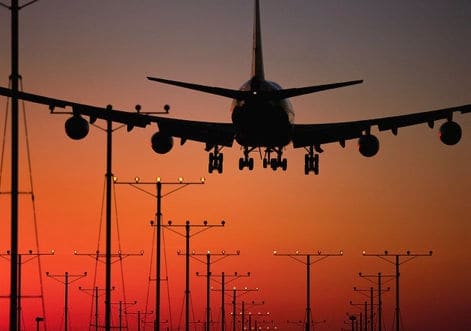Desynchronosis, commonly known as jet lag, is almost inevitable after a long-haul flight lasting more than 10 or 12 hours. Despite various remedies on the market, there is no quick fix for this chronobiological condition; your body needs time to readjust.
Humans are biologically designed for slower forms of travel, like walking or horseback riding. The rapid pace of modern flight can disrupt the body's internal clock, which regulates eating and sleeping patterns. This disruption can last for about a week after a long flight, making it harder to adjust to a new time zone.
Jet lag typically occurs when you cross three or more time zones, which can significantly affect your biological rhythms. Melatonin, a hormone produced in the dark, causes drowsiness. Until your melatonin levels adjust to the new time zone, your sleep patterns will be out of sync.
Severe jet lag can cause:
Jet lag can also disrupt your digestive system, making regular meals less enjoyable and harder to digest. Furthermore, since the body often performs internal maintenance during sleep, jet lag can weaken the immune system, making you more susceptible to illness.


While no magic cure exists, you can take steps to reduce recovery time:
The time needed to recover from jet lag varies based on age, physical fitness, and genetics. Generally, allow one day for each time zone crossed. The direction of travel also matter. If traveling west, divide the number of time zones crossed by two; if traveling east, expect a recovery time of about two-thirds the number of time zones crossed.